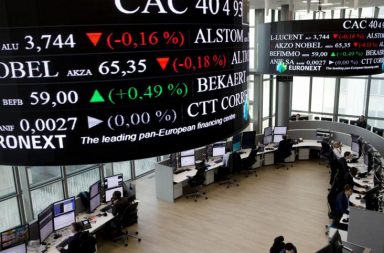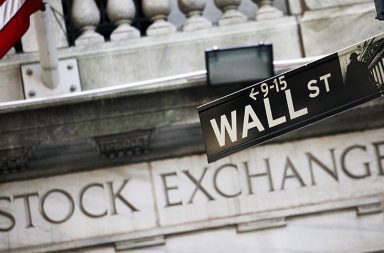Around the globe, central banks are spending large amounts of time and resources attempting to awaken long-dormant inflation. Some analysts are saying that they should stop trying.
The U.S. Federal Reserve has made attempts to make interest rates better for the people while voting at a July meeting to keep the current rate at a 1-1.25% range.
Right before that decision was made, many were pushing for some sort of caution when deciding new rates due to the low inflation rate.
Japan has been fighting a similar battle with their goal inflation being stale at the current moment in time.
The Bank of Japan began a very large quantitative easing program back in the year 2013 and has since began the process of inflation. In September of 206, the introduction of what they call a “yield-curve control” policy, has been seen by the government as a policy that will do whatever it takes to boost inflation.
Japan’s main consumer price index, which stands to include products such as those related to oil, and so on, rose 0.5% year-to-year in July.

THE MORNING REPORT
Start your workday the right way with the news that matters most.
Your information is 100% secure with us and will never be shared Disclaimer & Privacy Policy
With the goal of inflation to meet the target of 2%, it was different to compare Japan’s economy as growing better-than-expected during the 4% year-on-year add from April-to-June.
Rob Carnell, the head of research for Asia at ING stated that “If we’ve got growth at trend, which most places appear to have, if we’ve got the unemployment rate at full employment, which most places appear to have, then we shouldn’t even worry about what inflation is doing. This constant attempt to drive it higher and make it bigger, because it’s not 2% is just wrong.”
Carnell also further stated that quantitative easing is doing a disservice to the market and essentially distorting it as a whole.
Shirai Sayuri, a professor at Keio University stated “almost all central banks have adopted it They worry if they change the framework, it’ll have an impact on inflation expectations.” This is in regard to the 2% inflation target.
 D. Marie
D. Marie 




